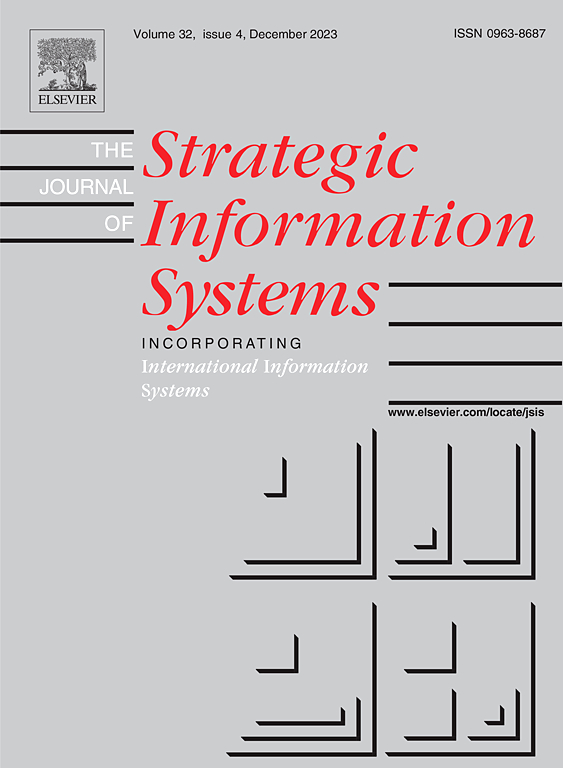First-order factors of linear Mahler operators
IF 1.1
4区 数学
Q4 COMPUTER SCIENCE, THEORY & METHODS
引用次数: 0
Abstract
We develop and compare two algorithms for computing first-order right-hand factors in the ring of linear Mahler operators where are polynomials in x and for some integer . In other words, we give algorithms for finding all formal infinite product solutions of linear functional equations .
The first of our algorithms is adapted from Petkovšek's classical algorithm for the analogous problem in the case of linear recurrences. The second one proceeds by computing a basis of generalized power series solutions of the functional equation and by using Hermite–Padé approximants to detect those linear combinations of the solutions that correspond to first-order factors.
We present implementations of both algorithms and discuss their use in combination with criteria from the literature to prove the differential transcendence of power series solutions of Mahler equations.
线性马勒算子的一阶因子
我们开发并比较了两种计算线性Mahler算子(rMr+…+ l1m + l0)环上一阶右手因子的算法,其中l0,…,lr是整数b≥2时x和Mx=xbM中的多项式。换句话说,我们给出了求线性泛函方程的所有形式无穷积解的算法,即:r(x)f(xbr)+…+ 1(x)f(xb)+ 0(x)f(x)=0。我们的第一个算法改编自Petkovšek的经典算法,用于线性递归的类似问题。第二步是计算泛函方程的广义幂级数解的基础,并使用hermite - pad近似来检测与一阶因子对应的解的线性组合。我们给出了这两种算法的实现,并结合文献中的判据讨论了它们的应用,以证明马勒方程幂级数解的微分超越性。
本文章由计算机程序翻译,如有差异,请以英文原文为准。
求助全文
约1分钟内获得全文
求助全文
来源期刊

Journal of Symbolic Computation
工程技术-计算机:理论方法
CiteScore
2.10
自引率
14.30%
发文量
75
审稿时长
142 days
期刊介绍:
An international journal, the Journal of Symbolic Computation, founded by Bruno Buchberger in 1985, is directed to mathematicians and computer scientists who have a particular interest in symbolic computation. The journal provides a forum for research in the algorithmic treatment of all types of symbolic objects: objects in formal languages (terms, formulas, programs); algebraic objects (elements in basic number domains, polynomials, residue classes, etc.); and geometrical objects.
It is the explicit goal of the journal to promote the integration of symbolic computation by establishing one common avenue of communication for researchers working in the different subareas. It is also important that the algorithmic achievements of these areas should be made available to the human problem-solver in integrated software systems for symbolic computation. To help this integration, the journal publishes invited tutorial surveys as well as Applications Letters and System Descriptions.
 求助内容:
求助内容: 应助结果提醒方式:
应助结果提醒方式:


